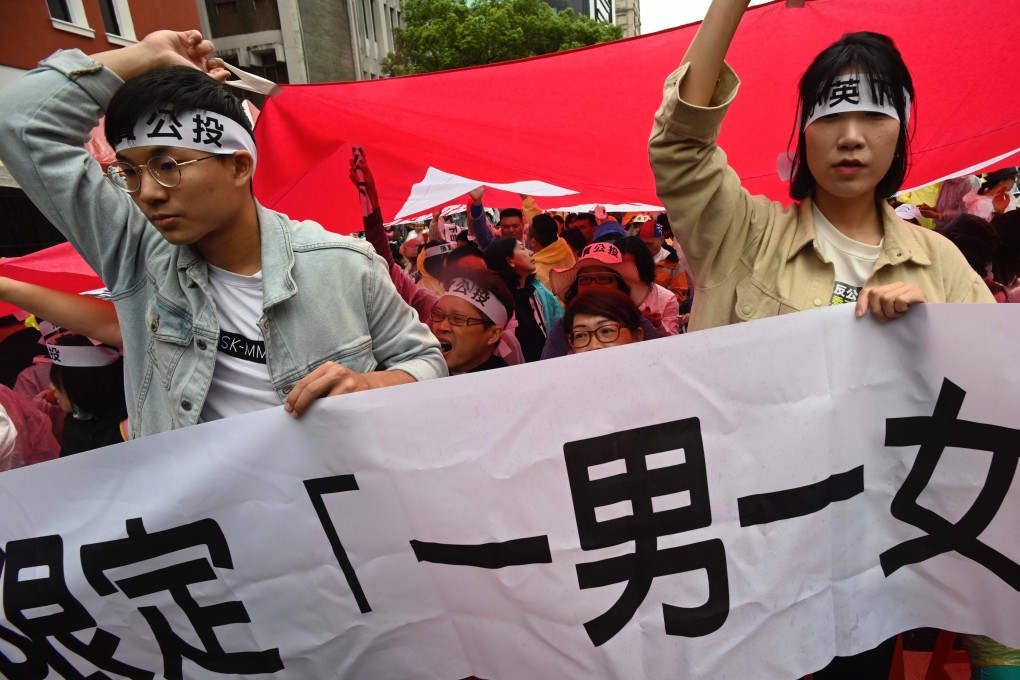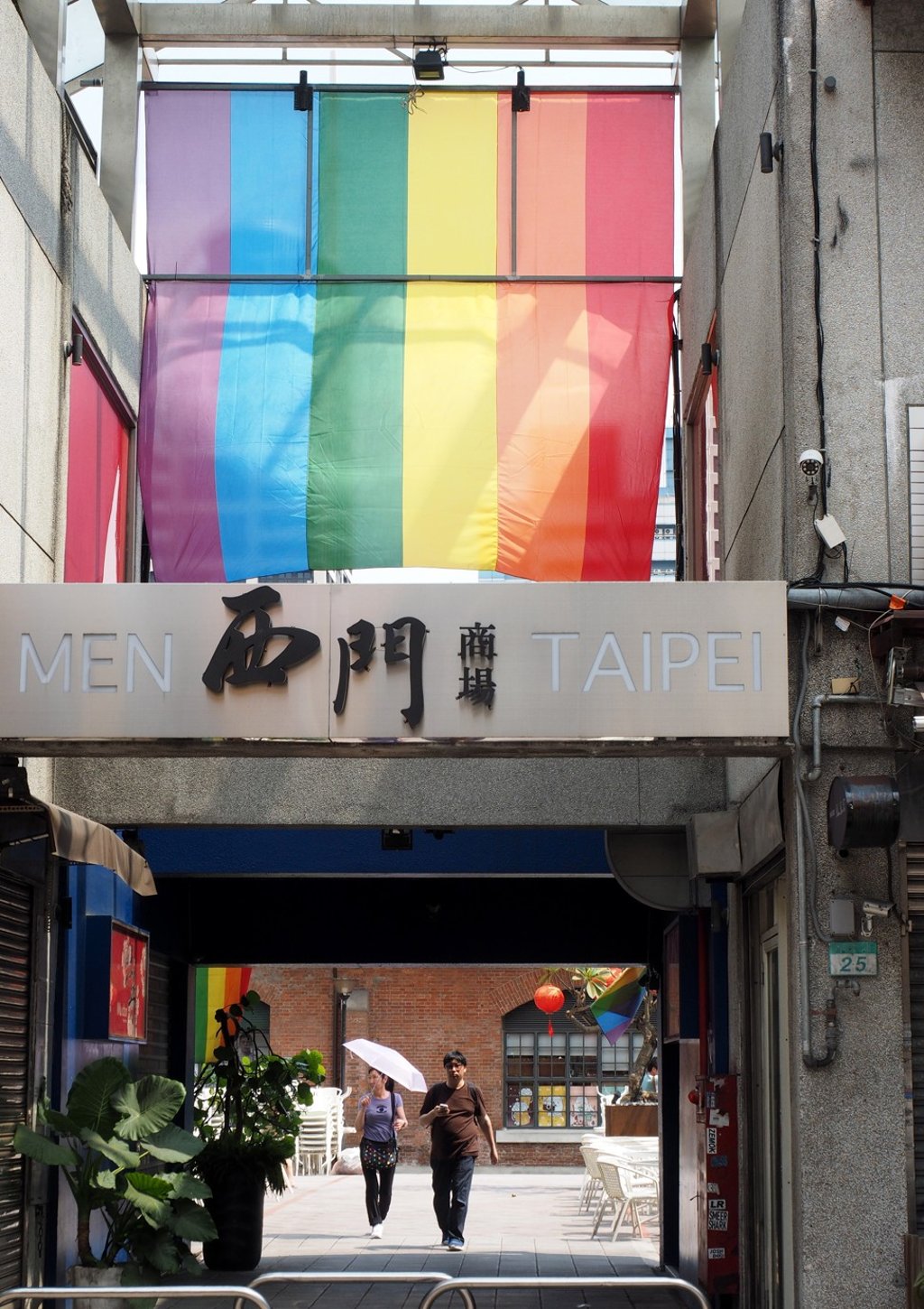Opinion | What Taiwan’s slow march towards legalising gay marriage means for LGBT rights in Asia
- The euphoria that greeted the landmark court ruling two years ago in favour of same-sex marriage has given way to foot-dragging in government and determined opposition by conservative groups

The popular vote conveyed a general hostility towards recognising an equal, same-sex marriage in the Civil Code – Taiwan’s basic law governing relationships between individuals – with more than 70 per cent voting against it. Instead, the Taiwanese public voted for a legal framework to protect the rights of same-sex couples separate from the one in place for heterosexual ones, implying less than equal rights.
The referendums came at the tail end of the two years given to the legislature to amend the marriage laws, after the government failed to make any progress. This sluggish process stemmed from deep divisions within the ruling party on the issue as well as an obvious resource advantage for conservative groups over advocates for the LGBT community.

The legislators will vote on competing clauses in the three draft proposals. The proposal that offers same-sex couples the best legal coverage is “The Enforcement Act of Judicial Yuan Interpretation No 748” put forward by Tsai’s cabinet in February. It closely mirrors the provisions laid out in the Civil Code, which stipulate the rights and benefits of legalised spouses, though limiting adoption rights and only conditionally recognising the legality of some transnational marriages.
